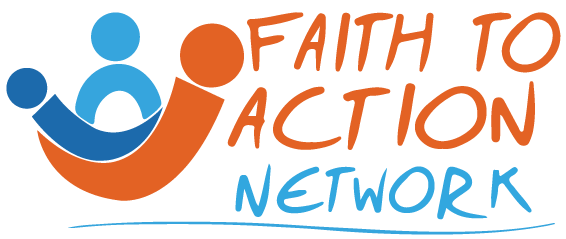Faith to Action Network participated in the 2025 Christian Connections for International Health (CCIH) Conference, held from June 9–11 in Washington, D.C. This year’s theme, “Change Agents for All,” spotlighted the transformative role of faith actors in advancing global health equity, resilience, and social justice.
The conference recognized faith actors as powerful drivers of change, bridging divides, challenging stigma, and advocating for inclusive, community-centered health systems. These values closely reflect our mission, and the event offered a timely opportunity to share our work, strengthen partnerships, and further interfaith dialogue on health, gender, and social cohesion.
Key Contributions and Outcomes
During the conference, Faith to Action Network contributed meaningfully to several core areas:
- Promoting Restorative Masculinity: We emphasized the crucial role of faith leaders in reshaping gender norms and modeling positive masculinity grounded in empathy, respect, and emotional intelligence.
- Championing Inclusive Leadership: Through our sessions, we highlighted how faith actors are key to creating safe, equitable, and mentally healthy communities—particularly when they lead with compassion and inclusiveness.
- Advancing Gender Justice and Social Cohesion: Our team presented practical strategies for engaging faith communities in tackling inequality, resolving conflict, and strengthening societal bonds.
- Elevating Faith-Led Development: We made the case for centering faith voices in global development efforts, especially in areas related to gender dynamics, peacebuilding, and family health.
Thought Leadership Through Panel Sessions
Under the conference theme “Religious Actors as Change Agents,” Faith to Action Network led two powerful panel discussions:
1. Faith Leaders as Catalysts for Change
Farida Abdulbasit, our Program Coordinator for Peaceful, Just & Inclusive Communities, explored how faith leaders can drive societal transformation by addressing systemic inequality, defending human rights, and promoting peace. Her talk inspired meaningful dialogue on the intersection of spirituality and social justice, and emphasized the importance of interfaith collaboration for lasting impact.
Citing verses from both the Quran and the Bible, Farida emphasized the spiritual foundations of equity and dignity. She urged faith communities to reclaim religious narratives that support justice, inclusion, and compassionate leadership.
Key takeaways:
- Faith leaders are trusted voices with the ability to shape values, attitudes, and behaviors.
- When equipped with knowledge and support, they can become champions for health rights, especially for women and youth.
- Through our work across Kenya, Uganda, Zimbabwe, South Africa, and the East African Community, we’ve seen the power of:
- Theologically grounded, gender-transformative messaging.
- Faith-based advocacy for youth-friendly services and maternal health.
- Interfaith collaboration around age-appropriate sexuality education.
Faith leaders have the power not just to teach scripture, but to transform lives through inclusive, values-driven leadership
Farida Abdulbasit
2. Religious Actors Driving Restorative Masculinity
Peter Munene, CEO of Faith to Action Network, led an engaging session on how faith spaces can redefine masculinity. He presented a restorative model rooted in:
- Respect and dignity
- Emotional intelligence
- Mental health awareness
- Redefining strength beyond dominance
- Conflict resolution
- Challenging harmful gender norms
His presentation illustrated how reimagining masculinity through a faith lens fosters safer, more inclusive communities.
What we’re doing:
- Engaging faith leaders in Egypt, Kenya, Uganda, South Sudan, and Indonesia to host open dialogues using scripture to challenge retrogressive ideologies.
- Training Men Champions to lead peer groups within places of worship.
- Developing practical tools like sermon guides, role-playing exercises, and youth forums to encourage non-violent communication and gender equity.
The results so far:
- Communities are showing greater support for women leaders.
- Local elders and faith institutions are requesting continued training and integration of positive masculinity principles.
- More men are speaking out against gender-based violence and modeling healthier behaviors in their families and congregations.
Why It Matters
Together, these sessions reinforced a shared truth: Faith leaders are not just spiritual guides they are social change-makers. Whether advocating for equitable health systems or challenging long-held gender norms, their reach and influence are profound.
Faith to Action Network is committed to equipping religious leaders with the tools, training, and theological grounding they need to be bold, compassionate agents of transformation.
Looking Ahead
Our engagement at CCIH 2025 reaffirmed Faith to Action Network’s dedication to interfaith collaboration and values-driven development. We remain committed to uplifting the voices of faith actors who are working to create a world rooted in dignity, equity, and compassion.
We extend our heartfelt thanks to Christian Connections for International Health and all our partners for their continued efforts to elevate the role of faith in global health and development.



